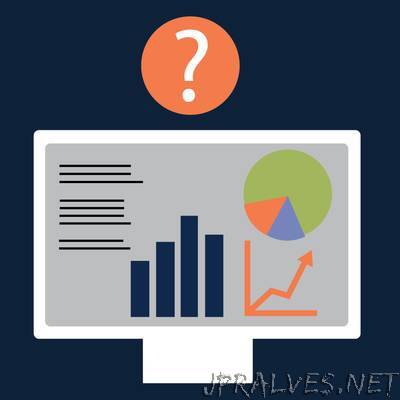
“A tool that makes large databases work smarter, not harder, could unlock the potential of big data to drive medical research, inform business decisions and speed up a slew of other applications that today are mired in a worldwide data glut.
University of Michigan researchers developed software called Verdict that enables existing databases to learn from each query a user submits, finding accurate answers without trawling through the same data again and again. Verdict allows databases to deliver answers more than 200 times faster while maintaining 99 percent accuracy. In a research environment, that could mean getting answers in seconds instead of hours or days.
When speed isn’t required, it can be set to save electricity, using 200 times less than a traditional database. This could lead to substantial power savings, the researchers say, as data centers gobble up a growing share of the world’s electricity.
Verdict is believed to be the first working example in a new field of research called “database learning.”
“Databases have been following the same paradigm for the past 40 years,” said Barzan Mozafari, the Morris Wellman Faculty Development Assistant Professor of Computer Science and Engineering. “You submit a query, it does some work and provides an answer. When a new query comes in, it starts over. All the work from previous queries is wasted.”
Verdict changes that. It relies on advanced statistical principles, using past question-and-answer pairs to infer where the answers to future queries are likely to lie.”
